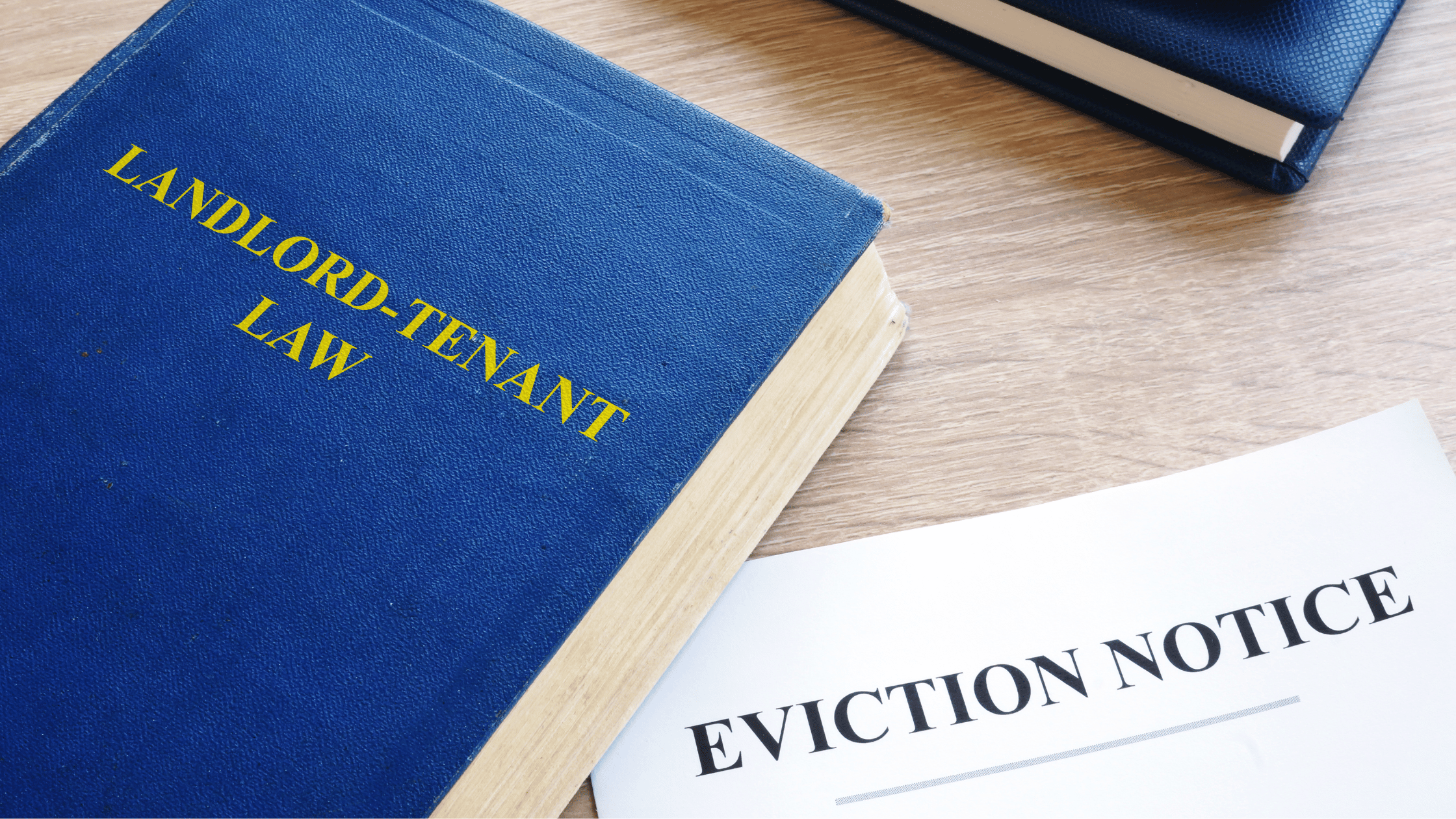Navigating the intricacies of property rentals involves understanding various legal aspects, and one key element is Section 21 eviction notices. Whether you’re a landlord seeking to regain possession of your property or a tenant wanting to know your rights this article aims to shed light on the essentials of Section 21 evictions, but you should always seek advice if you are unsure. To not comply with the requirements can render a landlord unable to serve such a notice or allow a tenant to claim it is invalid.
Understanding Section 21:
Section 21 of the Housing Act 1988 in the UK provides landlords with a legal route to reclaim possession of their property after a fixed-term tenancy agreement ends or during a periodic tenancy (rolling month-to-month). Unlike Section 8, which involves specific grounds for eviction, Section 21 doesn’t require landlords to provide a reason for seeking possession and is often referred to as a ‘no fault eviction’.
Important Considerations for Landlords:
- Valid Tenancy Deposit Protection: Before serving a Section 21 notice, landlords must ensure that the tenant’s deposit is protected in a government-approved scheme and that it was done so within the correct timescale. Failure to comply may render the Section 21 notice invalid.
- Energy Performance Certificate (EPC) and Gas Safety Certificate: Landlords must provide tenants with a valid EPC and Gas Safety Certificate. These documents must be given before the tenancy begins, and compliance is crucial for a valid Section 21 notice.
- EICR certificate: should also be provided to the tenant.
- How to Rent booklet: the landlord is required to provide the current copy of this government document.
- Have there been any complaints to the local authority about the condition of the property and have they been resolved?
Notice Period
Serving the notice with the correct notice periods is vital. Failing to adhere to the minimum two-month notice requirement can result in a delayed eviction process. Additional time should be allowed for postal service and any requirement of the tenancy to serve notice by a particular method.
If a tenant believes the Section 21 notice is invalid, they can challenge it in court. Common reasons include failure to protect the deposit, incorrect notice periods, or lack of required documentation.
Conclusion
Section 21 evictions play a significant role in the landlord-tenant relationship, providing a legal framework for possession. Both parties must be aware of their rights and responsibilities to ensure a fair and lawful process. For landlords, attention to detail in meeting legal requirements is crucial, while tenants should be aware of their rights and be prepared to challenge improper eviction notices. By understanding Section 21, everyone involved can navigate the rental landscape with clarity and confidence.
For any advice related to section 21 notices or any issues regarding property disputes do not hesitate to contact me on caroline.knowles-ley@cognitivelaw.co.uk or call on 01243 943203.
For more information on our Property Litigation services please click here.
